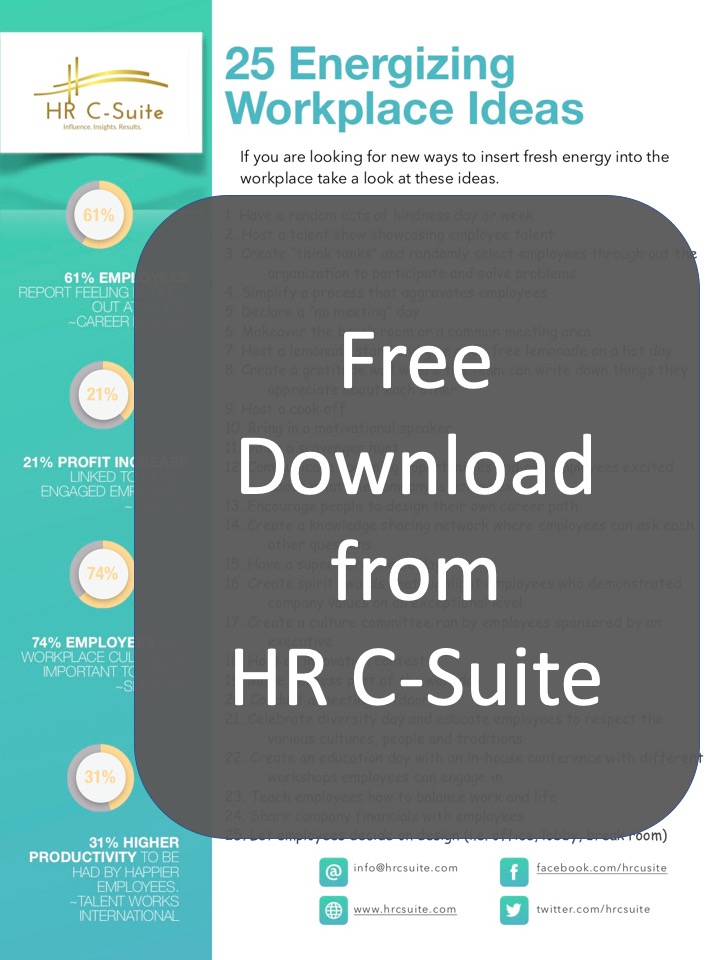Without a doubt, COVID-19 has affected your organization. Your employees may be working from home or some work has stopped altogether. Your talent mobility activity has most likely come to a screeching halt. Now, as you are crafting plans to get “back to the workplace,” you have a lot to think about. And your relocation policies are probably not at the top of the list. However, as most organizations return to more normal operations, they will need to get the right talent to the right locations. Relocation in unavoidable.
How can you adapt your relocation policies to assure employee safety, supportive assistance, and cost-efficient results? Under pandemic conditions, it’s not easy — but it is being done. To do so requires rethinking the policies that worked in normal times, paying closer attention to the process, and providing additional resources where necessary.
Here are some questions you should be asking.
Should you continue to use the “lump sum” approach?
Lump-sum relocation allowances have been a major trend in many organizations. During “normal” times, do-it-yourself relocation can work for the employee and be cost-effective for the employer. Employees can access online tools, manage their own moves, and pocket any money not spent. Employers simply write a check and expect the employee to arrive at the new location on time.
But these times are anything but normal, and employers need to ask if this is the best approach for today. During the COVID-19 pandemic, relocating employees face many unpredictable and complicated situations. It’s not always simple or obvious what they should do. Many situations demand flexibility, direct intervention, and multiple schedule changes.
Relocation has always raised “duty of care” issues. Under pandemic conditions, this term has a completely new meaning. As an employer, you want to know exactly what’s going on with your employees’ relocations and that safe practices are being followed throughout the process. Having access to professional consultants and vetted suppliers can ensure the safety and well-being of your people.
Can you ensure employee well-being throughout the relocation process?
The simple answer is “yes.” Relocation requires many interactions with people and businesses that play a necessary part in the process and have direct contact with the employee. To meet this challenge today, professional relocation suppliers are providing innovative solutions. Pre-move sanitization is available for a new home and temporary housing. Household goods movers employ creative social distancing practices, in addition to using masks and gloves. Language training, spousal support, or rental assistance are provided virtually rather than face to face. Most important, management by a relocation company offers your employees extra protection and verifies that proper safety policies will be followed by all suppliers.
Do you have an effective communication plan that supports relocating employees?
It’s not an exaggeration during this time of uncertainty to say that employee communication is extremely important. The challenge increases when relocating an employee with a family. To complete a successful move, an employee must stay connected with the hiring manager, HR staff, and payroll, as well as all of the service providers they’re working with. All of these participants have important communication needs at many points throughout the relocation event.
To avoid communication breakdowns, it’s crucial to have a single person designated as the primary point of contact for all participants. This is especially critical when it comes to health- and safety-related matters. Most often the best candidate for this responsibility is a professional relocation consultant employed by your relocation management company.
Are you offering enough support to employees relocating internationally?
The pandemic has prompted many country immigration authorities to change migration regulations, and in many cases, increase restrictions. Business travelers, international assignees, and one-way moves between countries are impacted.
Globally, many regions are still working at limited capacity. You need to have a plan to stay connected to the most current updates. Your internal legal team or your ongoing consulting relationships will be able to help. This is a key area where a relocation partner can assist with responding to unanticipated issues.
Also, a number of unexpected tax consequences have resulted from pandemic response measures. These include unintended tax liabilities resulting from business travelers or short-term assignees being forced to stay longer in a country that isn’t their home. Another impact may include the ability to treat disaster relief payments as nontaxable events (U.S.) or U.S. domestic transferees not receiving a stimulus payment because their prior-year relocation inflated their income. Again, your in-house legal and finance teams may be able to help, but this is also an area where a relocation partner can assist.
Make the right choices for your company
We hope that answering these questions will help you make the right employee mobility choices for your company. This may not be the ideal time for relocation, but it is possible to successfully conduct employee relocations during this pandemic economy. If you ask the right questions, you can reduce risk for your business and your employees, while safeguarding everyone’s health and well-being.
Latest posts by Frank Patitucci (see all)
- How COVID-19 Is Changing Talent Mobility - June 29, 2020













